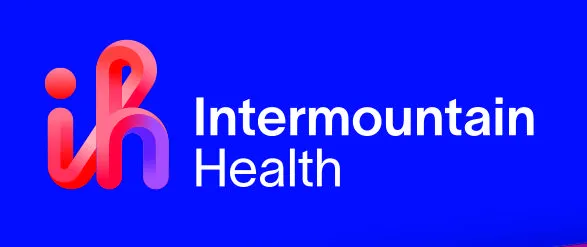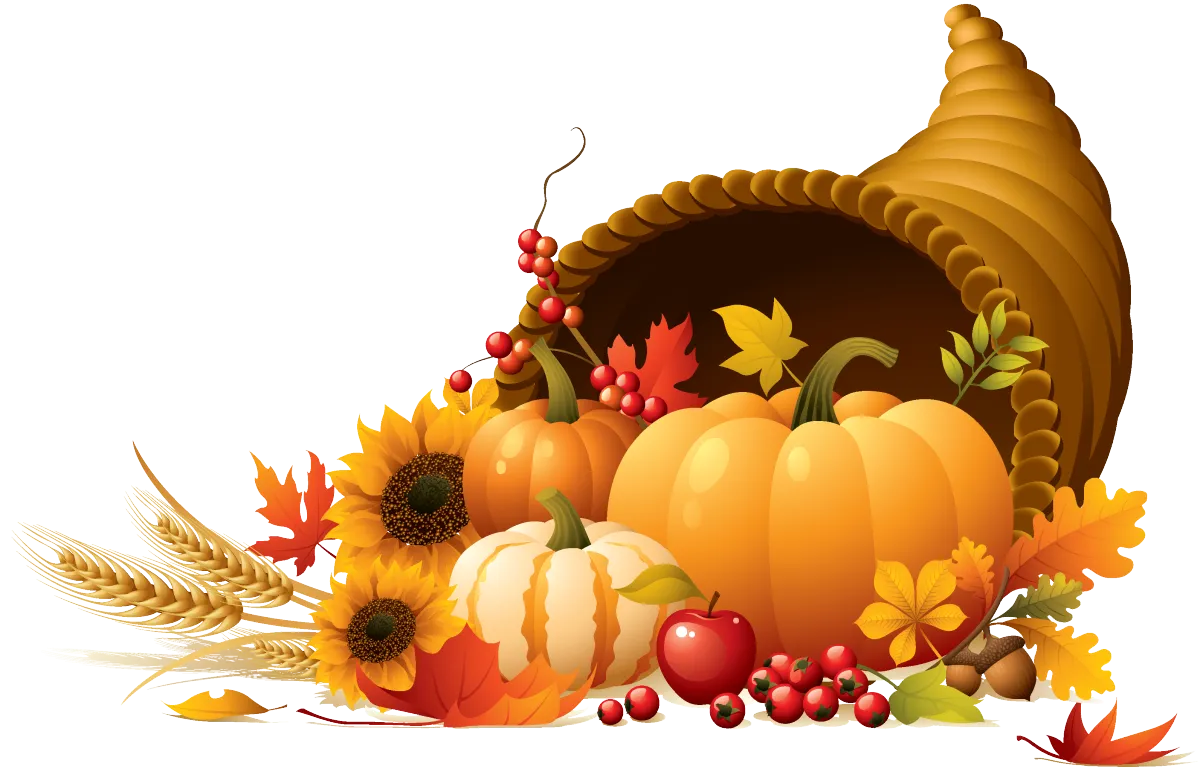ADVERTISE WITH US | LATEST ISSUE | NEWS | EVENTS | ABOUT | CONTACT
NEWS

Know the signs of stroke and help save lives
May is dedicated to stroke awareness, prevention, and recognizing signs and symptoms. According to the CDC, strokes kill nearly 150,000 Americans each year. Our doctors explain what strokes are, who is most at risk, how to recognize the signs, and preventative steps you can take.
What is a stroke?
A stroke occurs when the blood supply to part of the brain is interrupted or reduced, depriving brain tissue of oxygen and nutrients. There are two main types: ischemic strokes, caused by a blockage in a blood vessel, and hemorrhagic strokes, caused by bleeding in the brain. Strokes are a medical emergency requiring immediate attention to minimize brain damage.
Who is most at risk of a stroke?
Strokes can happen to anyone at any age, but certain factors increase the risk: age (over 55), gender, ethnicity, family history, high blood pressure, smoking, diabetes, high cholesterol, obesity, and a sedentary lifestyle. Since about 80% of strokes are preventable, it’s important to address modifiable risks.
What are the signs and symptoms?
Recognizing stroke signs and symptoms is crucial for seeking immediate medical help. Remember the acronym FAST:
F: Face drooping - Ask the person to smile. Does one side droop?
A: Arm weakness or numbness - Ask the person to raise both arms. Does one arm drift downward?
S: Speech difficulty - Ask the person to repeat a simple sentence. Are the words slurred?
T: Time to call 9-1-1 - If the person shows any of these signs, call 9-1-1 immediately.
Other symptoms may include sudden dizziness, loss of balance, vision problems, severe headache, and confusion. Early intervention can greatly improve outcomes
Can a stroke be prevented?
While not all strokes can be prevented, many risk factors are modifiable. High blood pressure is the most important modifiable risk factor. Adopting a healthy lifestyle and managing underlying medical conditions can significantly reduce your risk.
Regular exercise, maintaining a balanced diet, avoiding smoking and excessive alcohol consumption, managing stress, and controlling blood pressure, cholesterol, and blood sugar levels are all important steps in stroke prevention.
What steps can I take to avoid a stroke?
Here are practical steps to safeguard your brain health and reduce stroke risk:
Get regular check-ups: Monitor your blood pressure, cholesterol, and blood sugar levels.
Maintain a healthy weight: Engage in regular physical activity and follow a balanced diet rich in fruits, vegetables, whole grains, and lean proteins.
Don’t smoke (and avoid secondhand smoke): Smoking damages blood vessels and increases stroke risk.
Drink alcohol in moderation: Limit alcohol consumption to reduce bleeding risk.
Be aware of your family history: Understand your family’s medical history, especially concerning strokes and cardiovascular diseases.
Stay informed: Educate yourself about stroke signs and symptoms and encourage your loved ones to do the same.
By understanding strokes, recognizing risk factors, identifying signs and symptoms, and taking preventative steps, you can prioritize your brain health. Adopt a healthy lifestyle, make informed choices, and spread awareness about stroke prevention. Every effort counts in protecting your brain.


Publisher's Letter
Dawa Sherpa, Publisher
The holiday season is upon us. A time to express appreciation for the people, experiences, and opportunities that enrich our lives. As we take a moment to give thanks and celebrate with our families and our communities – let’s not forget the uniquely valuable small, local businesses that are at the heart of our communities.
In today’s fast-paced world, shopping has never been more convenient with online giants and big-box stores offering rapid delivery and low prices. But, unlike mass retailers, small businesses and local shop owners offer personal relationships, leading to better service and customized recommendations. Whether it’s a handmade candle or boutique clothing, these businesses offer a personal touch that can’t be replicated.
The holiday season is a crucial time for small businesses. Events like “Small Business Saturday” remind us to support the shops that keep our communities vibrant. But it’s important to continue that support throughout the year to ensure these businesses thrive.
This holiday season, when shopping for a gift, a service, or just a little treat for yourself, consider visiting our local businesses first. Every purchase makes a meaningful difference, helping build a stronger, more connected community for everyone.
Happy Thanksgiving,
Dawa






